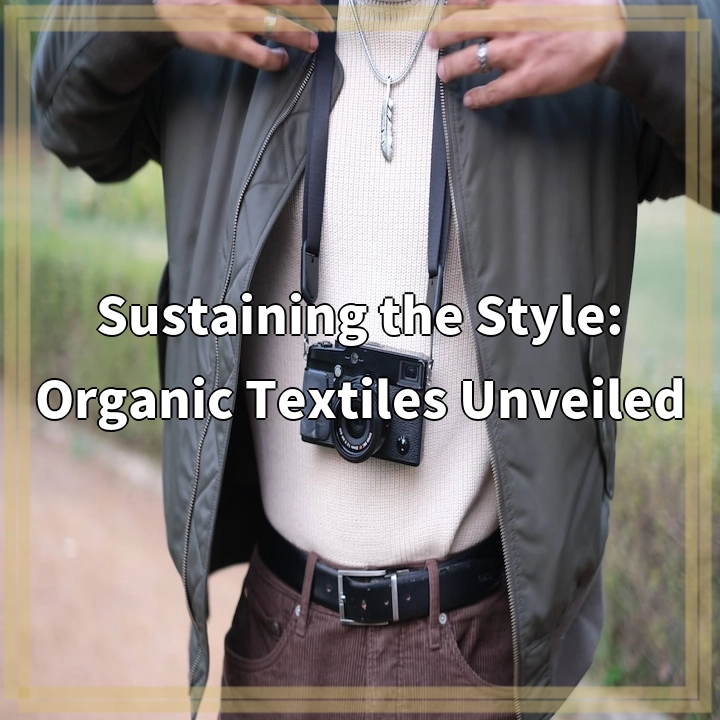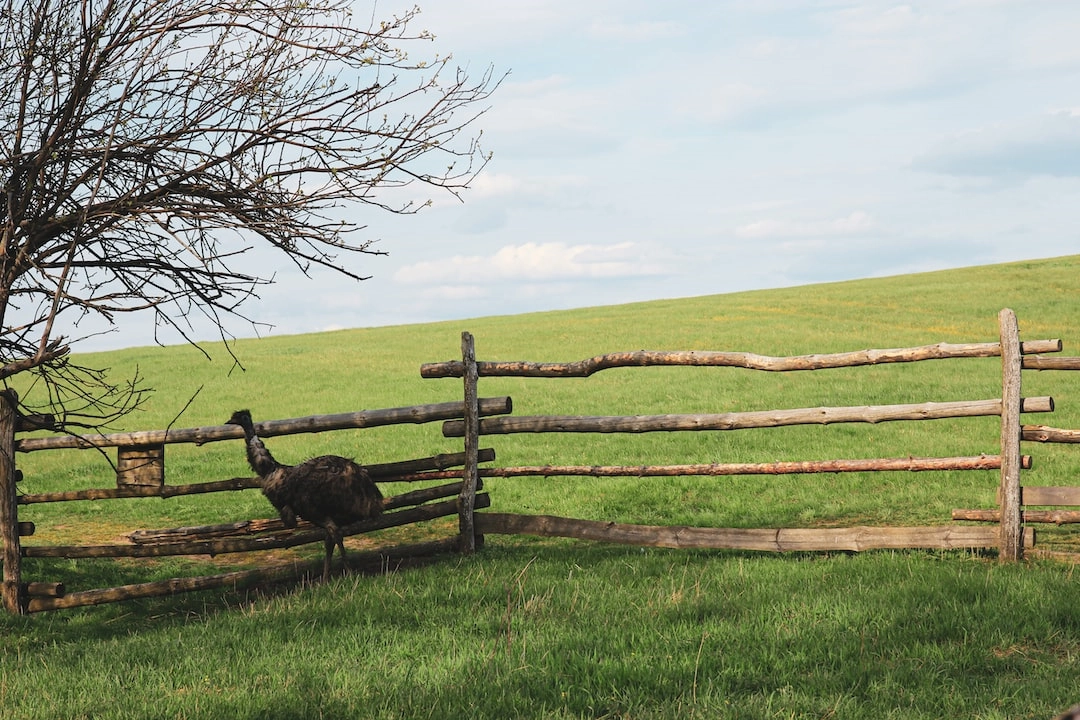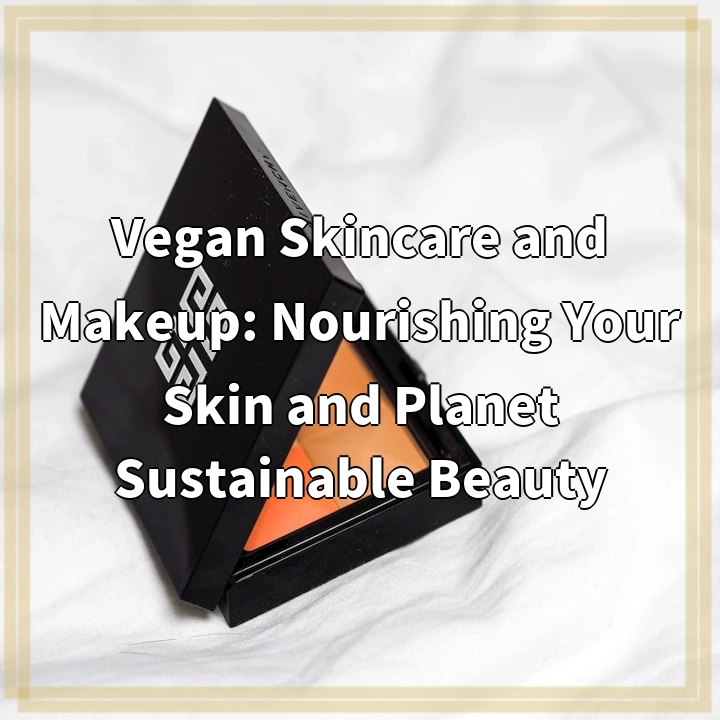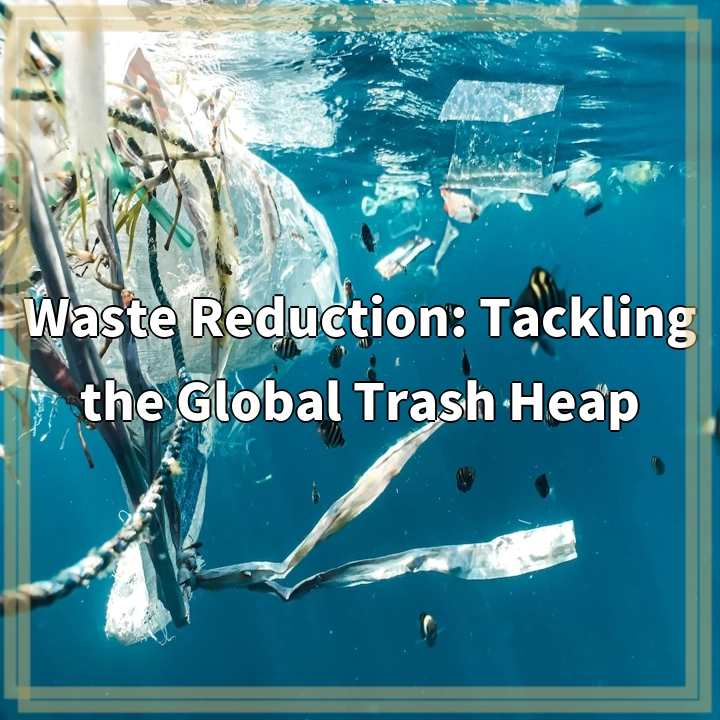
What it is:
Organic textiles are products made from natural fibers that are grown without the use of synthetic pesticides, fertilizers, or genetically modified organisms (GMOs). This includes fabrics such as cotton, linen, hemp, and silk, which are produced in an environmentally-friendly and socially-responsible manner.
By choosing organic textiles, consumers can support sustainable agriculture practices, reduce exposure to harmful chemicals, and contribute to a more eco-friendly fashion industry.
Real-world problems:
Despite the numerous benefits of organic textiles, there are several real-world problems associated with their production and consumption.
1. Limited availability: The demand for organic textiles is growing, but there is still a limited supply. Organic farming requires more time, effort, and resources, making it less mainstream compared to conventional farming. This leads to higher prices and limited availability of organic textiles in the market.
2. Lack of awareness: Many consumers are unaware of the environmental and health impacts of conventional textile production. There is a need for increased awareness and education about the benefits of organic textiles to encourage more sustainable purchasing decisions.
3. Greenwashing: Some companies falsely claim their products to be organic or eco-friendly, which leads to confusion among consumers. This greenwashing practice undermines the efforts of genuine organic textile producers and makes it difficult for consumers to make informed choices.
4. Labor rights: The textile industry, both conventional and organic, often faces labor rights issues. This includes low wages, unsafe working conditions, and child labor. Despite the organic label, it is crucial to ensure that the production of organic textiles also upholds ethical labor practices.
5. Waste management: Textile waste is a significant problem globally. Fast fashion and the constant demand for new clothing contribute to the accumulation of textile waste in landfills. While organic textiles are more biodegradable than synthetic materials, proper waste management and recycling systems need to be in place to minimize their environmental impact.
Addressing these real-world problems requires collaborations among various stakeholders, including consumers, manufacturers, policymakers, and non-profit organizations. By supporting and advocating for organic textiles, we can contribute to a more sustainable and ethical fashion industry.

Solutions:
Addressing the real-world problems associated with organic textiles requires collective efforts and informed decision-making. Here are some solutions to promote a more sustainable and ethical fashion industry:
1. Increase availability and affordability:
Investments in organic farming practices and infrastructure can help increase the supply of organic textiles, making them more accessible and affordable for consumers.
2. Raise awareness and educate:
There is a need for widespread education and awareness campaigns to inform consumers about the benefits of organic textiles. This can be done through social media, educational programs, and collaborations with industry influencers.
3. Certification and regulation:
Establishing stringent certification standards and regulations for organic textiles can help combat greenwashing and ensure transparency in the industry. Consumers should look for credible organic certifications when making purchases.
4. Advocate for labor rights:
Supporting brands and initiatives that prioritize fair labor practices is essential. Consumers can research and choose brands that demonstrate a commitment to ethical production and fair wages for workers.
5. Promote circular fashion:
Encouraging sustainable consumption habits, such as buying second-hand or renting clothes, can help reduce textile waste. Recycling and upcycling initiatives should be supported to minimize the environmental impact of organic textile production.
By implementing these solutions, we can work towards a fashion industry that values sustainability, ethics, and the well-being of people and the planet.















